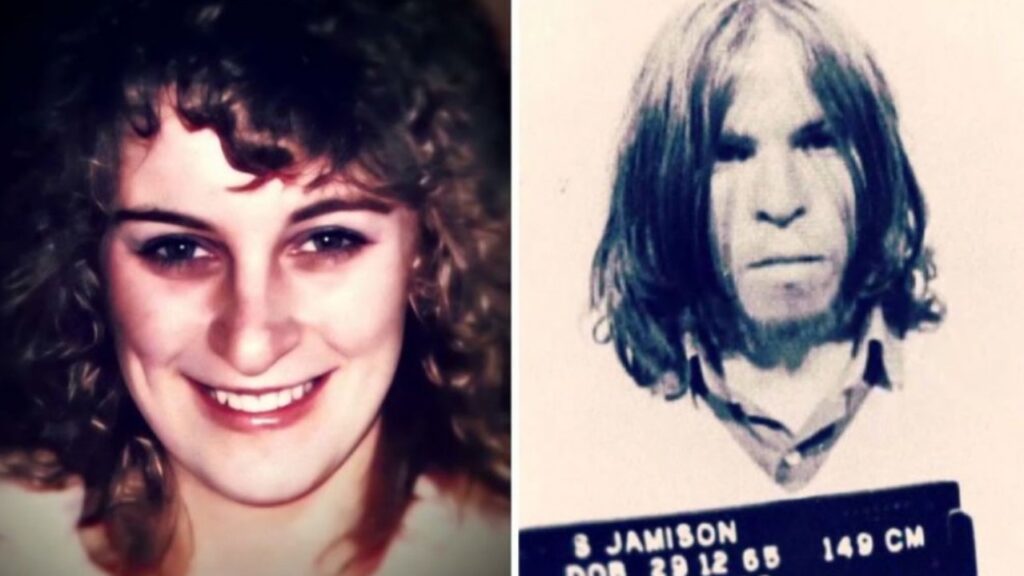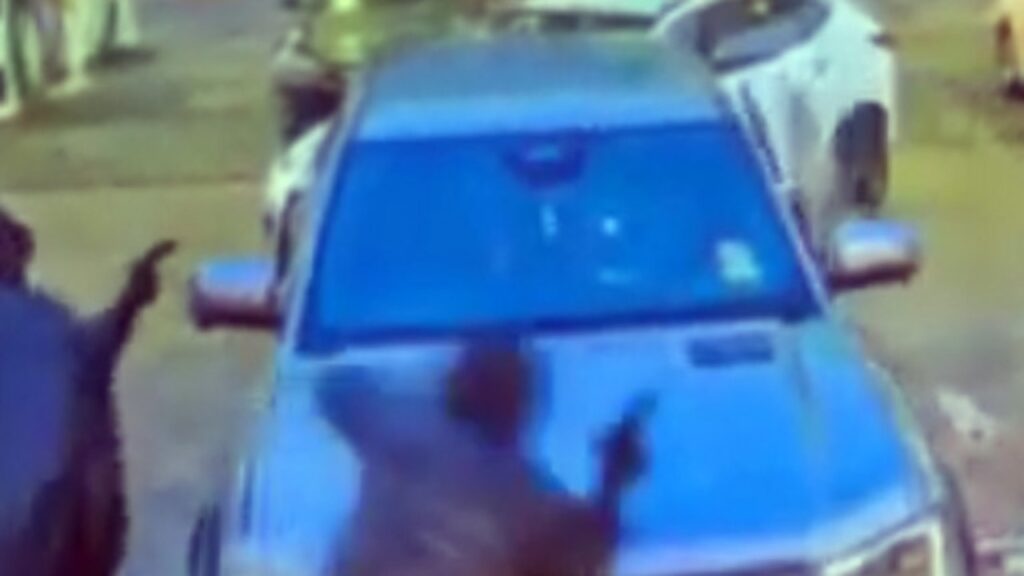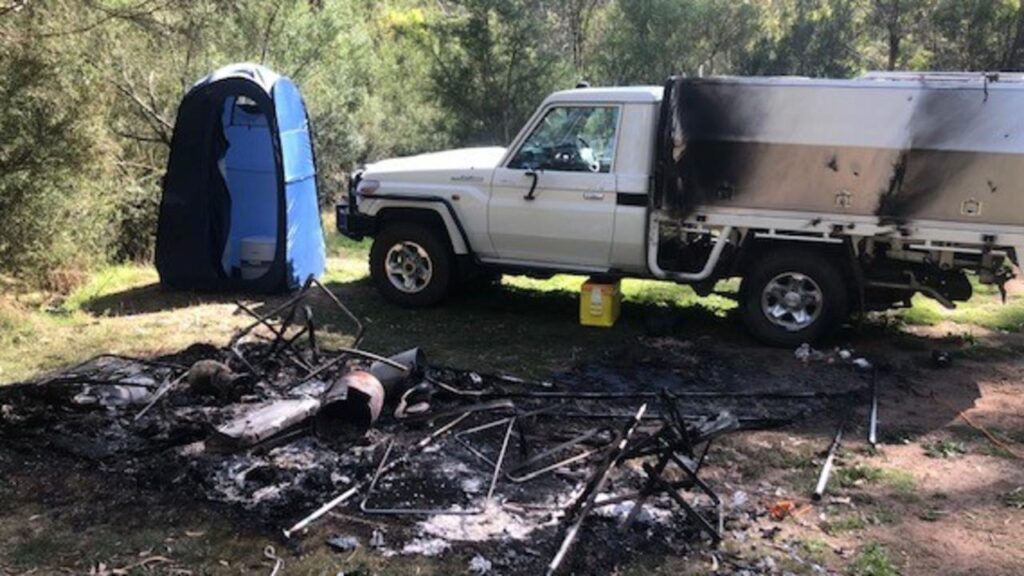Girl had alleged killer’s drugs in system: court
Written by admin on May 24, 2024
Schoolgirl Charlise Mutten had likely ingested Justin Stein’s schizophrenia medication within six hours before she died, a jury has been told.
Mr Stein, 33, is facing a trial in the NSW Supreme Court at Parramatta after pleading not guilty to murder, but has admitted to disposing of the schoolgirl’s body.
He is accused of murdering Charlise, who was the daughter of his former partner Kallista Mutten, at a property owned by his parents before dumping her body, which was concealed in a plastic barrel, near the Colo River area.
The girl was visiting her mother during the school holidays, and spent her time in NSW split between Mr Stein’s family property at Mount Wilson, where she was allegedly shot and killed, and at a caravan park named the Riviera Ski Gardens in Lower Portland about 1.5 hours away.
The jury has been told Charlise was found with Mr Stein’s schizophrenia medication – Quetiapine – in her system.
Forensic pharmacologist with NSW Police Dr Judith Perl gave evidence on Thursday, telling the jury the drug was found in Charlise’s spleen liquid.
She told the court the drug was not safe for children, and had only been TGA approved for people aged 10 years and above.
Reading from her report, Dr Perl told the court: “I do however consider it possible the Quetiapine may have been ingested within six hours of death due to the presence of it in the stomach of the deceased.”
“Cannot be stated what dose or when the drug was ingested,” Dr Perl said.
“It may have occurred within six hours of death given … this is not a firm opinion given the decomposition of the body.”
If Charlise had taken an adult dose of the drug, Dr Perl told the court it would have resulted in putting her in a “toxic range”.
She explained that if the drug had been absorbed into Charlise’s bloodstream, it could have prompted vomiting.
The jury previously heard Mr Stein had told people Charlise woke up vomiting on the morning of January 12.
“It can produce central nervous system depression … alters the level of alertness of the person, the most common side effect of Quetiapine in children is sedation or drowsiness,” Dr Perl said.
“There may be other adverse affects … things like restlessness, muscle rigidity, unusual behaviours like salivation and chewing and unusual movements of the face.”
Forensic pathologist Marna Du Plessis told the jury earlier on Thursday Charlise was killed by the gunshot wound to her face.
The doctor described “powder tattooing” marks around the gunshot wound, which entered just below the girl’s right cheekbone, led her to the conclusion the “end of the muzzle was about a ruler’s length” from Charlise’s face.
Dr Du Plessis told the jury Charlise was also shot in her left lower buttock, a shot she would have survived.
“The gunshot wound to the back is not independently fatal,” Dr Du Plessis said.
She also told the jury Charlise was still alive when she was shot in the face, with the bullet “entering her brain”.
“She was alive when that shot entered her body,” Dr Du Plessis said.
The jury was told Charlise’s body was in an “advanced” state of decomposition when the exam was conducted.
Crown prosecutor Ken McKay SC alleges Mr Stein was the “last person” to see Charlise and had the opportunity to her between 7.16pm on January 11 and 10.06am on January 12.
Charlise’s body was found in a barrel on an embankment near the Colo River four days after her mother reported her missing.
After his arrest in January 2022, Mr Stein denied killing Charlise in an interview with a Corrective Services officer but said “her mum shot her twice”, the jury heard.
“Her mum was on ice all week, I heard a shot and then I heard her screaming out for me, then I ran back and she shot her again,” he told the prison guard, the jury heard.
A toxicology report showed Charlise had tested positive for Mr Stein’s schizophrenia medication.
The trial continues before Justice Helen Wilson.







